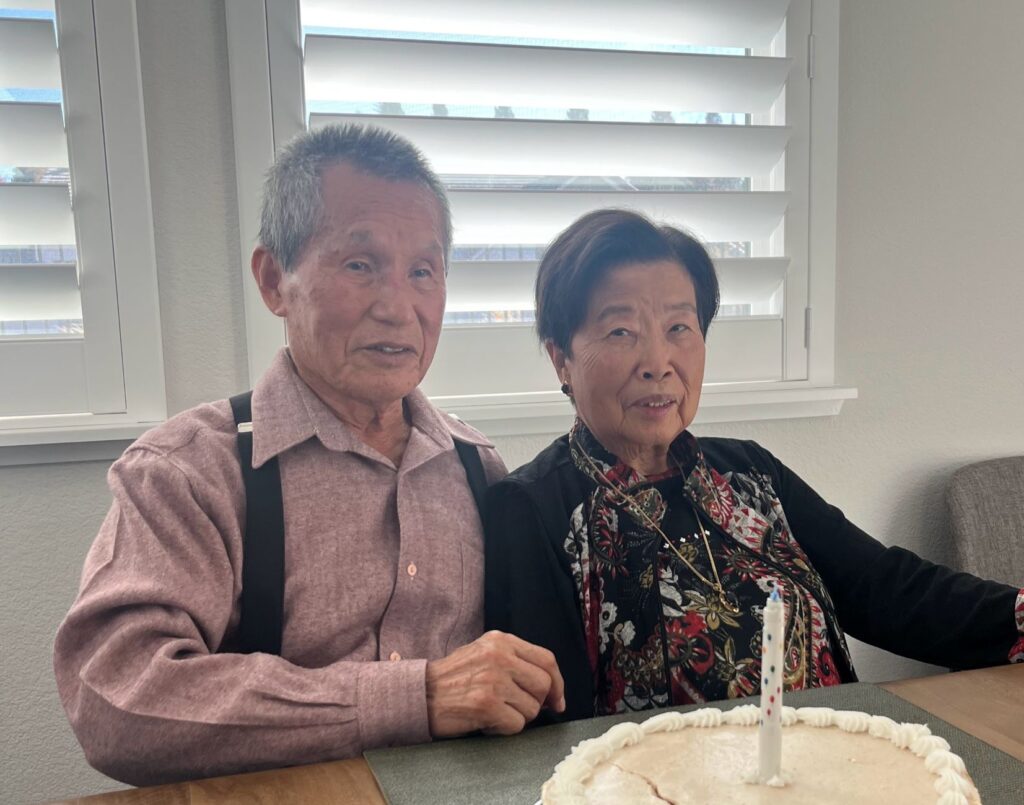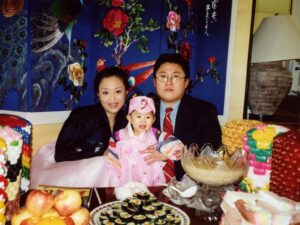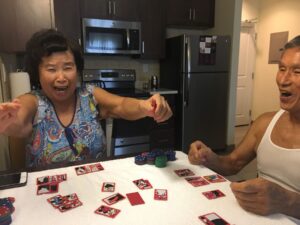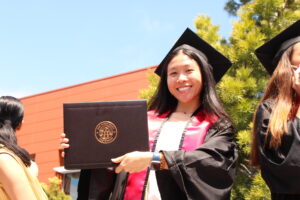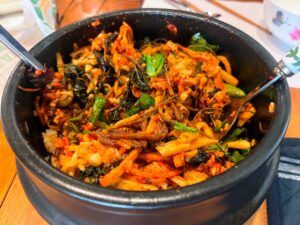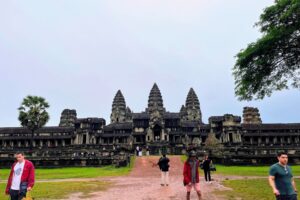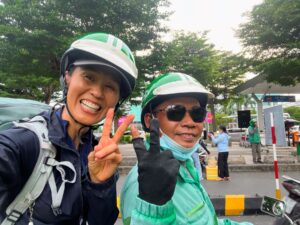In Korean culture, age carries significant weight, influencing social interactions and relationships in profound ways. Therefore, understanding the dynamics of age and respect provides valuable insight into the fabric of Korean society. Let’s explore how these cultural norms shape the way people relate to one another and navigate their social environment.
The Importance of Age and Respect in Korean Society
Age and respect are foundational pillars of Korean society, deeply rooted in Confucian teachings, familial values, and historical traditions. Influenced by Confucianism, Koreans uphold hierarchical relationships and emphasize deference to elders as a fundamental virtue.
Furthermore, the cultural focus on filial piety encourages respect for parents and grandparents starting at a young age. Respect for elders contributes to social harmony and collective well-being, aligning with Korea’s emphasis on group cohesion and societal stability.
Throughout history, hierarchical structures based on age and social status have been prevalent, shaping contemporary attitudes and behaviors towards age and respect.
Additionally, these cultural values not only reinforce Korean identity but also foster unity and cohesion within communities. In essence, age and respect serve as enduring symbols of tradition, unity, and cultural pride in Korean society.
Customs and Significance
Age and respect manifest prominently in Korean culture through various customs, behaviors, and social norms. Here are some key ways in which age and respect are demonstrated:
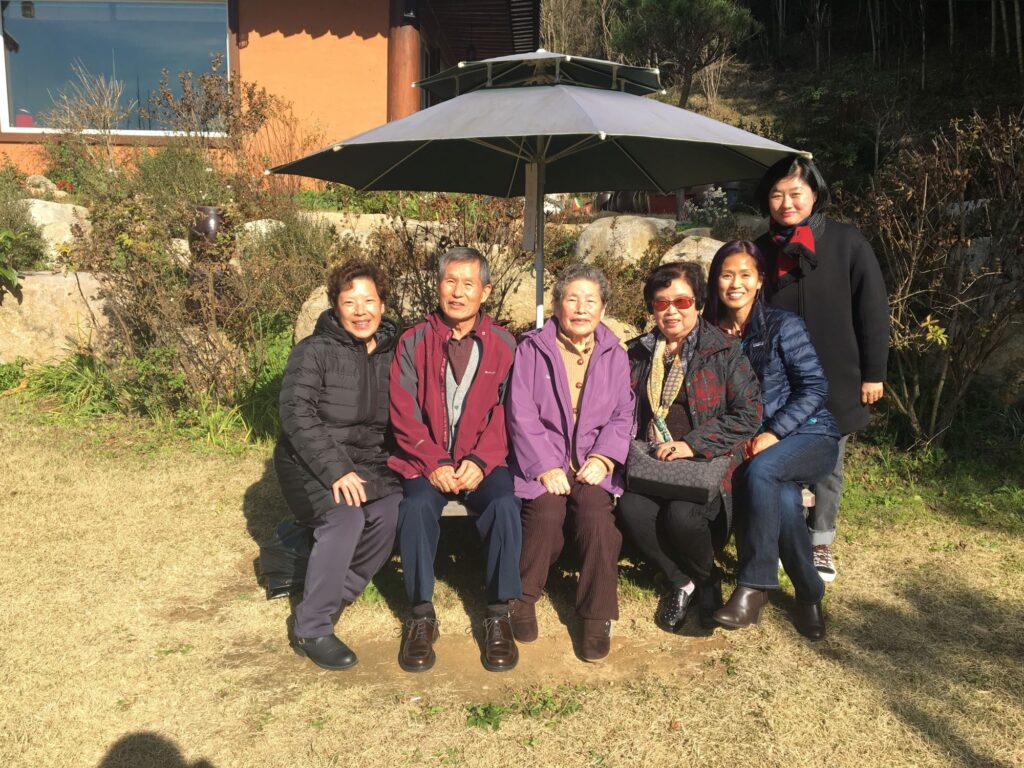
1. Language and Speech
In Korean language, honorifics and speech levels are used to show respect based on factors like age, status, and relationship.
Younger individuals often use polite language and honorifics when speaking to older people or those in positions of authority. For example, they may add “시” (shi) or “님” (nim) after someone’s name to show respect, such as “김 선생님” (Kim-seonsaengnim) for a teacher or “이 사장님” (Lee-sajangnim) for a boss.
This linguistic etiquette reflects the cultural emphasis on showing deference and respect towards elders and authority figures in Korean society.
2. Bow
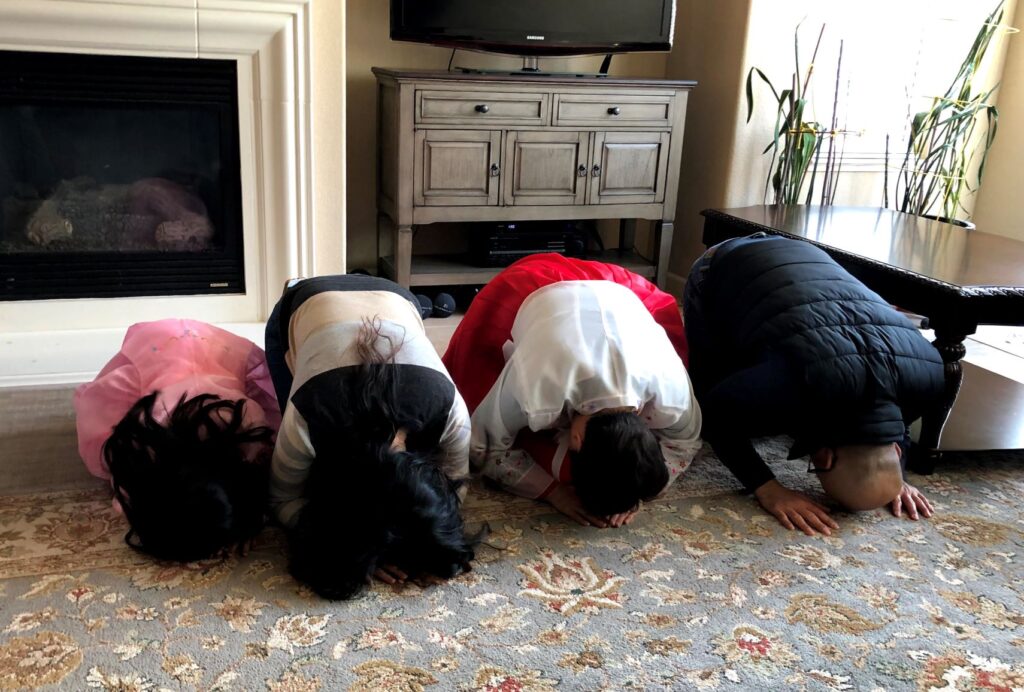
Bowing is a traditional way of showing respect in Korean culture, where the depth and duration of the bow indicate the level of respect.
Additionally, in Korean societal norms, people typically reserve deeper bows for elders and those of higher status. This practice reflects the values of deference and respect deeply rooted in Korean society, emphasizing humility and acknowledgment of authority.
3. Hierarchy in Social Interactions
In Korean society, the emphasis on hierarchical relationships rooted in age and seniority is robust. It is customary for younger individuals to show deference to their elders, manifesting respect in verbal and non-verbal communication. This practice extends to actions like bowing and using formal language, as mentioned earlier.
Such cultural expectations highlight the profound importance attributed to age and seniority in social interactions within Korean communities, exemplifying enduring values of filial piety and deference to authority.
Additionally, refraining from arguing or attempting to overshadow elders’ opinions or decisions is customary. This behavior is considered disrespectful, whether the elder is a family member or a stranger.
4. Family Dynamics
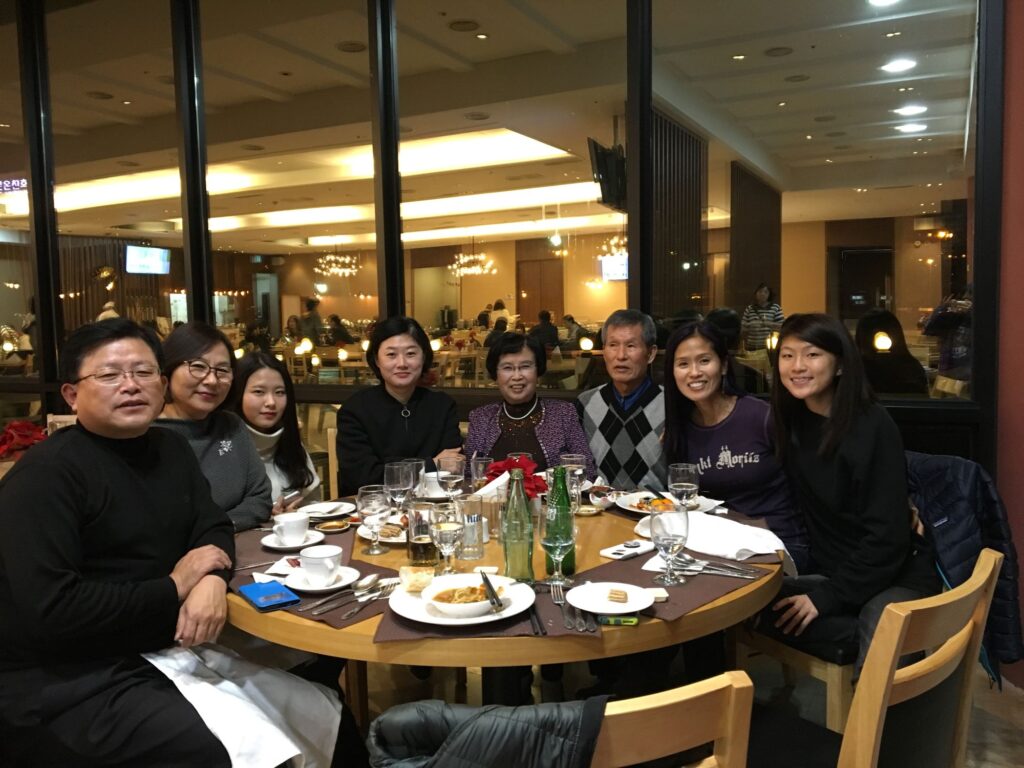
In Korean families, children actively practice obedience and reverence towards their highly respected parents and grandparents. Discussions on significant family matters, like finances, often exclude children until they reach adulthood.
Elders play a central role in family dynamics, as family members frequently seek their guidance and decisions on important family affairs. This cultural practice highlights the authority and wisdom attributed to elders within Korean familial structures, fostering a sense of respect and hierarchy within the family unit.
5. Workplace Culture
In Korean workplaces, age and respect significantly influence dynamics. Seniority holds high value, with older employees often given authority and decision-making power due to their age and experience.
This cultural norm reflects the importance placed on respecting elders and acknowledging their wisdom and contributions within the organization. As a result, younger employees often defer to their older colleagues, contributing to a hierarchical structure in Korean workplace environments.
6. Formalities and Etiquette
In Korean culture, formalities and etiquette are pivotal in social interactions. This includes employing appropriate titles and honorifics when addressing others as mentioned earlier.
Additionally, seating arrangements often mirror hierarchical relationships, with older or higher-status individuals receiving priority seating positions. These practices uphold traditional values of respect and hierarchy, thereby shaping interpersonal interactions and fostering harmony in social settings.
7. Celebrations and Rituals
Traditional ceremonies and celebrations in Korea often involve rituals that underscore the importance of age and respect.
For instance, coming-of-age ceremonies, such as Coming of Age Day, mark a person’s transition into adulthood and emphasize respect for one’s responsibilities and roles in society.
Similarly, ancestral rites like Chuseok and Seollal pay tribute to ancestors and elders, reinforcing the importance of family bonds and honoring those who came before. These rituals deeply ingrain in Korean society the values of reverence, familial duty, and intergenerational respect.
Age and Respect: Cornerstones of Korean Culture
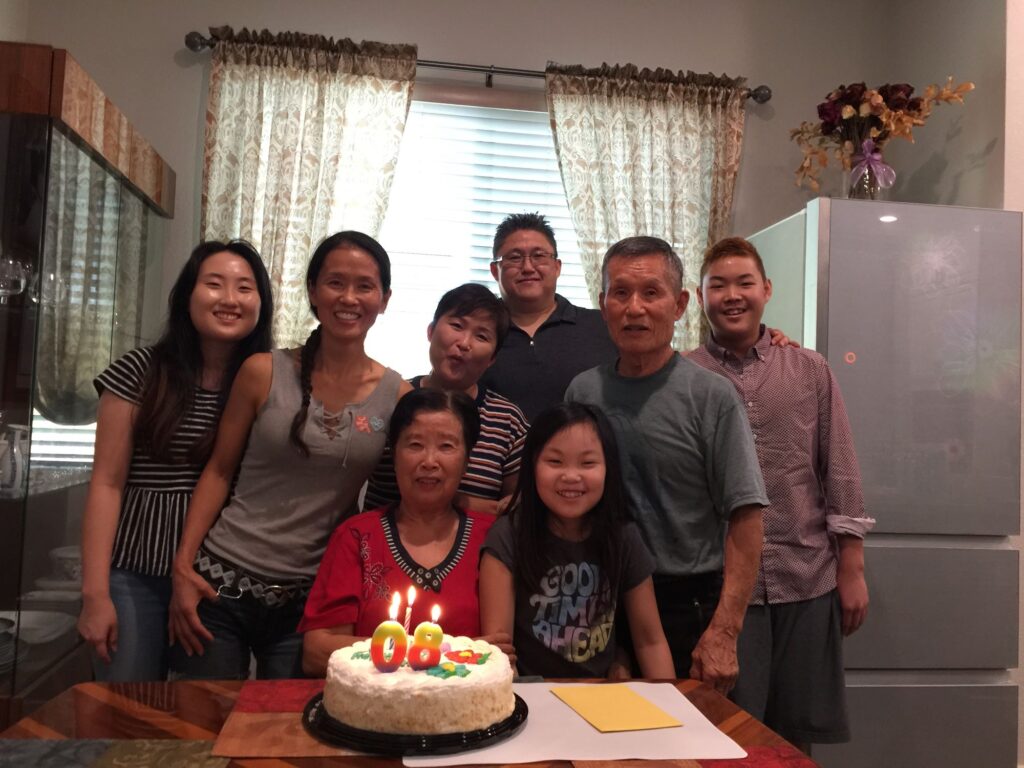
Age and respect stand as foundational elements within Korean culture, influencing societal norms, interpersonal relationships, and daily interactions. From familial gatherings to workplace dynamics, the significance of honoring age and upholding respect is evident.
While the traditions may have evolved over time due to modernization and globalization, the essence of valuing elders and maintaining a culture of respect persists. This enduring commitment to age and respect remains a guiding force, providing a sense of harmony, order, and cultural identity within Korean society.

